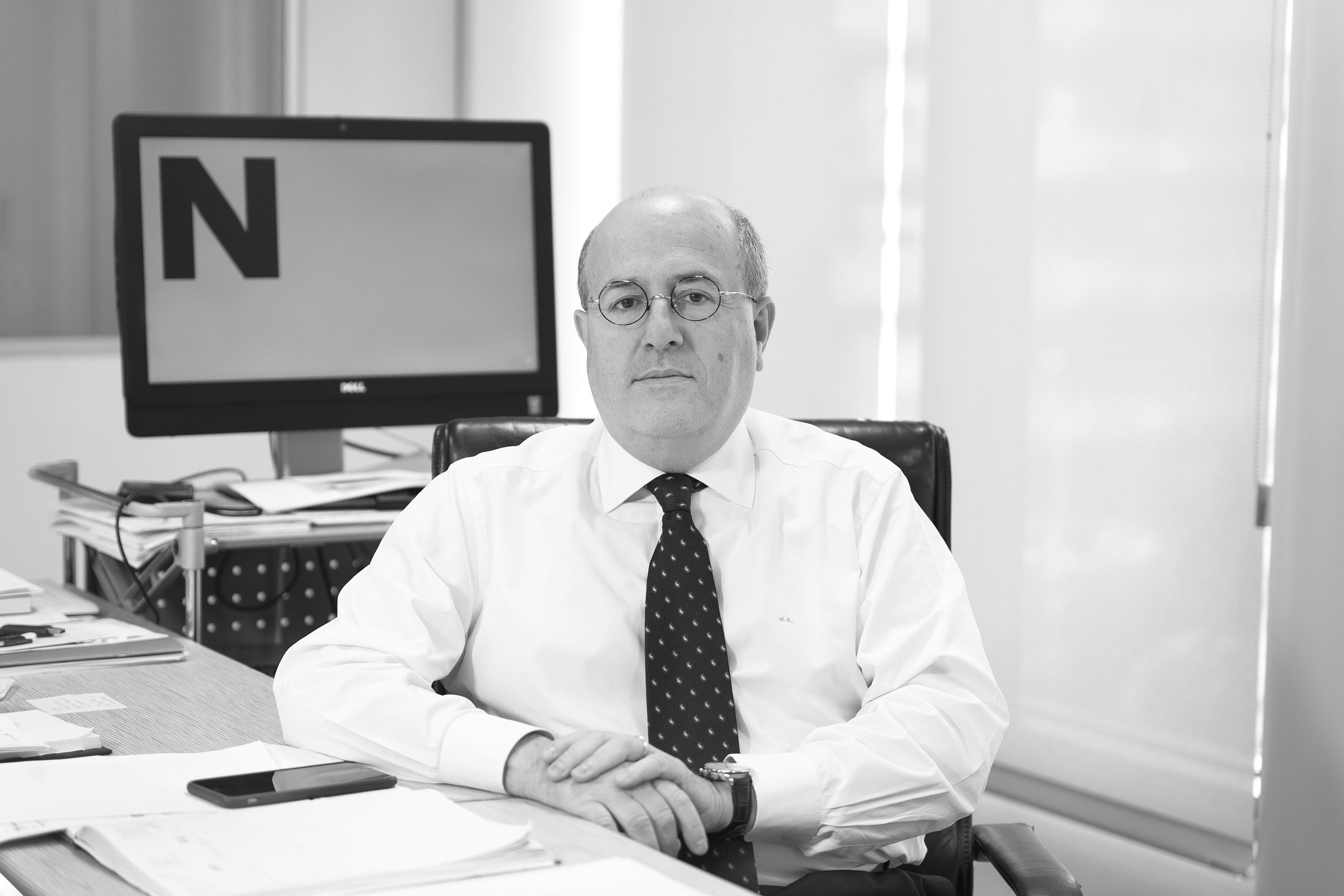It's obvious that the referendum on 1st October last year marks a point of no-return in Catalan politics as we've understood it these last 40 years. Only by accepting this premise can we, in my opinion, separate the wheat from the chaff in a political situation as complex as the current one. That the first anniversary of the referendum should have, in some aspects, a bittersweet taste for some is even normal. The Spanish state's institutional violence (and some hard-to-explain errors by the pro-independence government during that October) linked to the police violence have left, in the short term, a position, on occasions, of apparent weakness. To say that nobody was ready for such violence could sound like an excuse (in fact, it sounds like the excuse of a governor), but sometimes there's only one reality however much you want to go over it.
Recognising this is not a sign of weakness, but of realism. Weakness, in any case, is to not pick the right path or to stay still, without wanting to move forwards. The independence movement has behind it, at least, half of Catalan society and is, without a doubt, the most mobilised political current. There's not a day that goes by without the international position of the Catalan claim in the world becoming better known or having more support. This Sunday I was at Lledoners prison with minister Josep Rull and very near us was minister Raül Romeva with three correspondents from important media outlets from France and the United Kingdom interested in knowing what's going to happen in the coming months. The Spanish foreign affairs minister, Josep Borrell, has openly admitted that Spain's image has been "seriously damaged" by the Catalan conflict.
Something very important has happened in the last twelve months as a result of the Catalan rebellion: the Spanish state has been slit open. All its institutions have been thrown into crisis: the monarchy, the justice system and the executive. The so-called '78 regime1 has gone up in smoke thanks to the move played on the political board by the Catalan independence movement. The royal family isn't welcome in Catalonia and its visits are counted by the number of protests they provoke. On the periphery of the Spanish institutional explosion has emerged commissioner Villarejo, today repudiated by PSOE, but who offered the state so many services putting together false reports on the independence movement. The state's sewers have always been that, sewers, and Villarejo received awards from successive Spanish governments and now threatens to blow the Spanish institutions up.
Everything is the consequence of that 1st October and the victory of that day. We're still to find out, with the dregs of this year over, what the long-term outlook of the independence movement is. That there are, at least, three strategies, doesn't help. That there's not a permanent forum for debate doesn't help either. As the weeks go by, a joint long-term outlook will become more necessary if they want to aspire to repeating the success of that moment. President Torra has said on occasion that a new moment has to be created so that a similar response to the one on that 1st October can occur.
He's very likely right. The moment will come and, as always, maybe earlier than it seems. Nobody knows for certain. The trial and the sentencing of the pro-independence leaders could be a turning point. What's not OK is if, when the moment arrives, they don't know what to do. Politics means this, getting out ahead of events, carrying your compass with which to travel, on occasions even in the dark. Having a long-term outlook and perspective now that we know where many of the obstacles are.
Translator's note: 1. After the death of the dictator Franco three years earlier, Spain's democratic Constitution came into effect in 1978.

